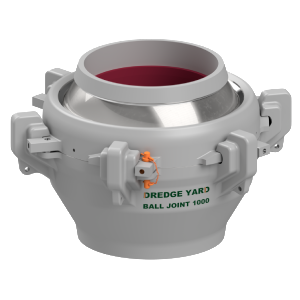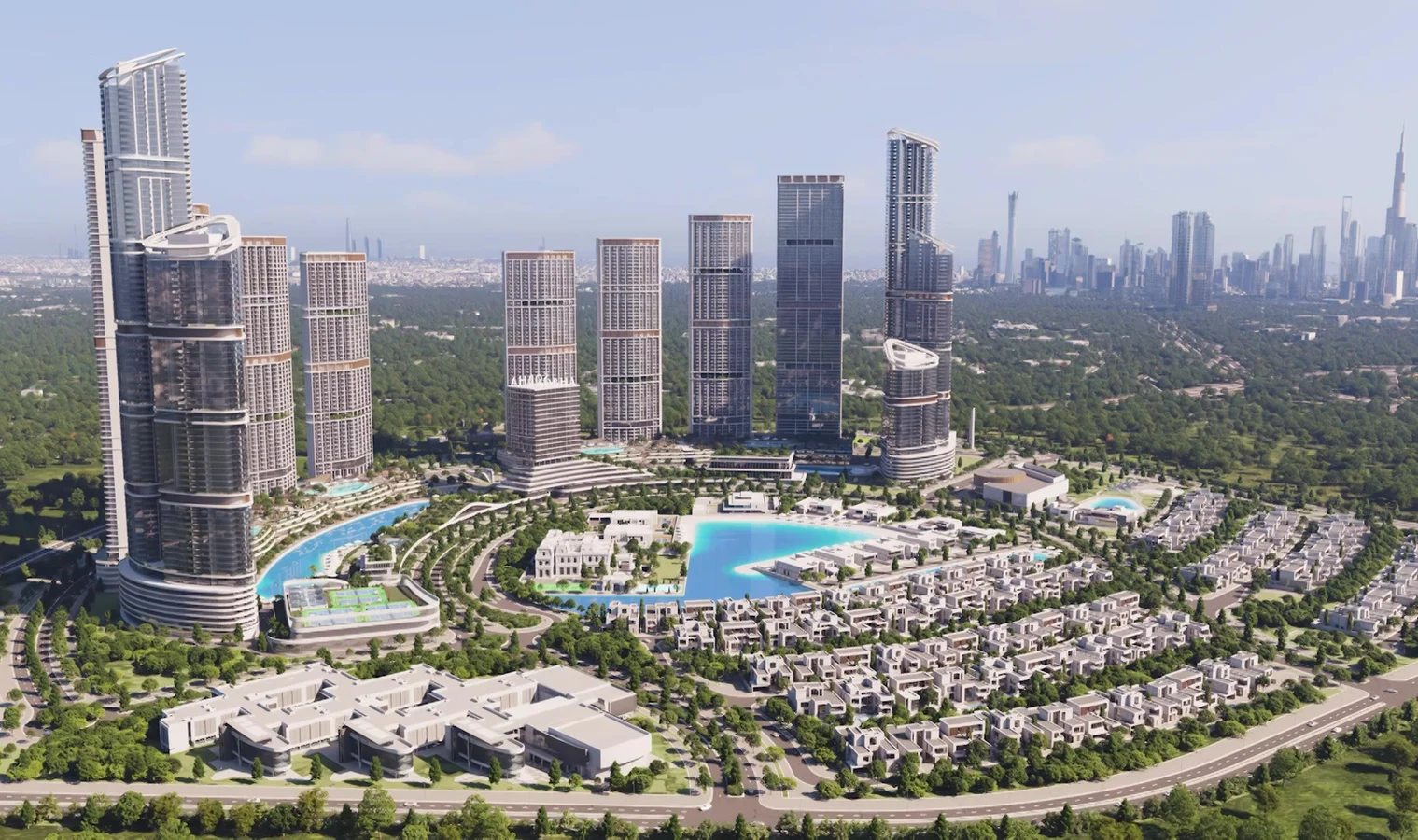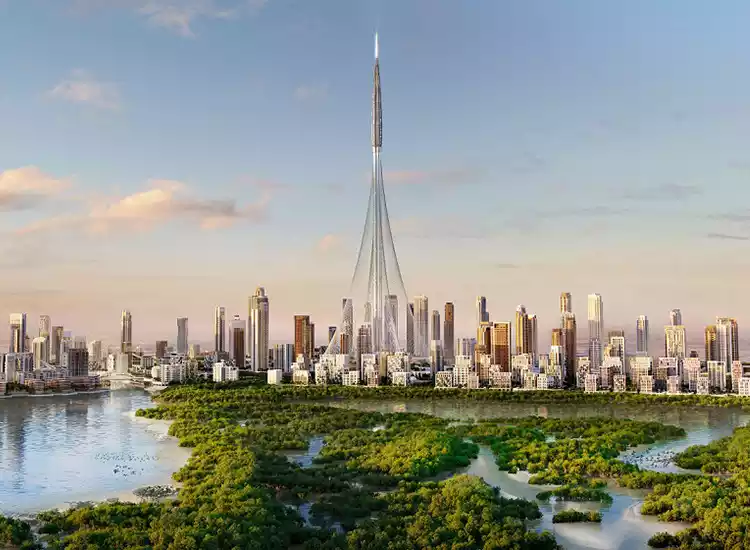7 Key Stages Of Film Production Explained
Making a film is an intricate process involving multiple stages that bring a story to life on the screen. From brainstorming ideas to editing the final cut, each step plays a key role in shaping the final product. By understanding these stages, filmmakers can efficiently manage their workflow and deliver a compelling visual experience.
Development:
The journey of film production Dubai begins with the development stage, where ideas are transformed into a screenplay. This involves brainstorming, writing, and refining the script to ensure it conveys the story effectively. During this stage, filmmakers also pitch the project to secure funding and assemble the initial team.
Pre-production:
Once the project is greenlit, pre-production begins. This stage involves detailed planning, including casting actors, scouting locations, creating storyboards, and finalising the production schedule. Every aspect of the film is meticulously organised to ensure a smooth filming process.
Production:
Production is the stage where the actual filming takes place. The crew works collaboratively to capture the scenes as per the script and director’s vision. Effective coordination between departments, such as cinematography, sound, and lighting, is essential to produce high-quality footage.
Principal photography:
Principal photography is the core filming phase, typically the most expensive and time-intensive part of production. This is when the actors perform their roles, and the scenes are recorded according to the shooting schedule. Attention to detail is important to avoid reshoots and delays.
Post-production:
In post-production, the raw footage is transformed into the final product. Editors piece together scenes, improve visuals, and integrate sound effects, music, and special effects. Color grading and audio mastering are also performed to ensure a polished and cohesive film.
Distribution:
With the film completed, distribution is the next step. Filmmakers collaborate with distributors to release the film across platforms like theatres, streaming services, or DVDs. Marketing campaigns are also launched to build anticipation and attract audiences.
Exhibition:
The final stage, exhibition, is when the audience finally experiences the film. This could be at film festivals, cinemas, or through online platforms. Feedback from this stage is invaluable for future projects. By mastering these seven stages, filmmakers can streamline their production process and create captivating films.









